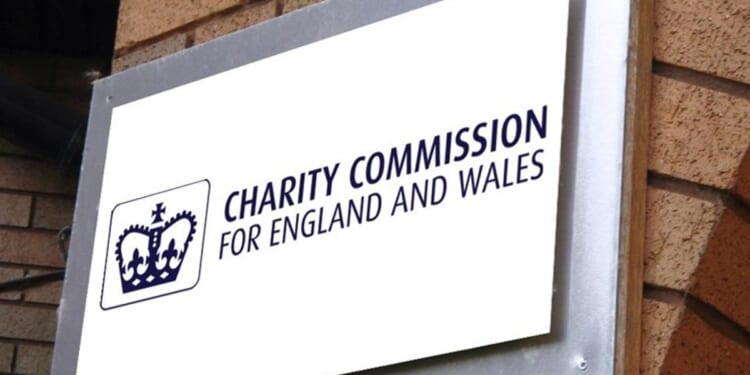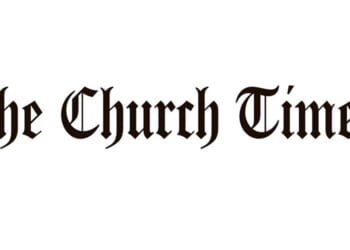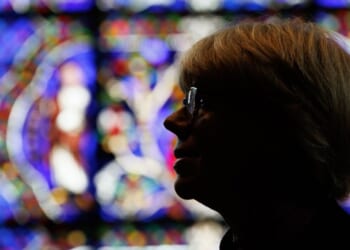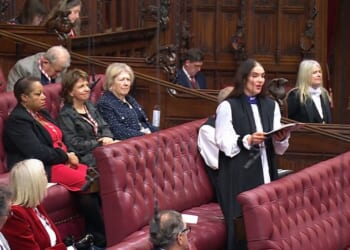THE Church of England must move much faster in its efforts to overhaul safeguarding, the Charity Commission reports. The current implementation of reform is being pursued with “insufficient urgency and pace”, it says.
A statement issued by the Commission on Friday says that the Archbishops’ Council “must rapidly accelerate the delivery of safeguarding improvements” and “close gaps in its approach to handling complaints”.
The new independent safeguarding structures agreed by the General Synod in February (News, 11 February) should be implemented within 18 months, it says: a year sooner than is suggested under the current plan. In the mean time, “robust interim measures” are needed to keep people safe.
The warning is part of a Regulatory Action Plan issued by the Charity Commission, after the publication of the Makin review. The plan was informed by the Wilkinson review of the demise of the Church’s Independent Safeguarding Board (News, 11 December 2023), and Professor Alexis Jay’s report Future of Church Safeguarding report (News, 21 February 2024), as well as information provided by the Archbishops’ Council, diocesan bishops, and diocesan boards of finance.
“Public debate about the Church’s approach to safeguarding following publication of the Makin Review — and the Archbishop of Canterbury’s resignation over the issue — exacerbated regulatory concerns that progress towards safeguarding improvements identified in the various independent reports was not happening with sufficient pace,” the statement says.
“There is insufficient urgency and pace in implementing responses to past safeguarding reviews, and the current approach to doing so is fragmented and overly complex. For example, the Council’s current timescale of 2028 to pass the necessary legislation to implement independent safeguarding is too slow, representing a four-year gap since the publication of the Jay Review.”
The Commission also expressed concern that the Church did not treat allegations of abuse from an adult not assessed to be vulnerable as a safeguarding issue. “The Commission’s guidance is clear that trustees must take reasonable steps to protect from harm all people who come into contact with their charity.”
The Commission had “found no evidence of mismanagement or misconduct by the trustees of the Archbishops’ Council”, it continued, and recognised that progress had been made in recent years. “However, the Commission has made it clear that it expects the Archbishops’ Council to take all steps within its powers to implement outstanding safeguarding reforms at a much faster pace.”
In the mean time, the trustees should “facilitate interim arrangements sufficient to address identified safeguarding risks until the legislative changes are in place”, the statement says. “These should reflect the Commission’s guidance to trustees as well as Church policy and procedure.”
The Commission has also told the Archbishops’ Council to identify any safeguarding risks that might require interim non-legislative measures.
In response, the Archbishops’ Council has said that it plans to establish an interim independent scrutiny body for Church. The Commission also acknowledged the recent appointment of Dame Christine Ryan as executive chair of the Church’s Safeguarding Structures Programme Board to lead work on the structural changes agreed by the Synod (News, 30 September).
The chief executive of the Charity Commission, David Holdsworth, said on Friday that it was time for the Church of England “to move from review to reform, and from debate to delivery”.
“Everyone recognises that improving safeguarding is an ongoing journey, but in the Archbishops’ Council’s case the progress on that journey must be made in bigger, bolder steps, informed by the experience of victims and survivors.”
Progress would be monitored, he said. “The Commission will monitor the charity’s progress against our Regulatory Action Plan, and reserve all regulatory options for the future if sufficient progress is not made at pace.”
















